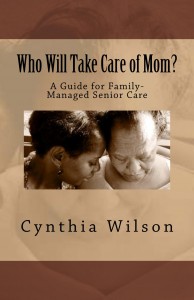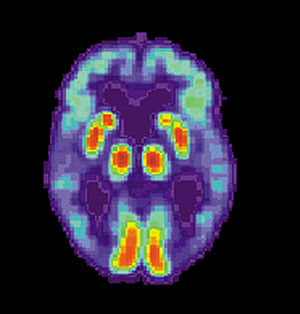Recently a subscriber named Charlene contacted me to ask the following questions.
“What exactly is respite care? What are the qualifications to obtain it? How often and how long the stay per visit? Does a care-giver’s mental breakdown qualify? (humor intended)!
Dear Charlene, First let me say that I’m glad that you still have a sense of humor.
Respite care is short-term care provided by another caregiver. It typically is offered to caregivers of hospice patients, but may also be provided for caregivers who live with disabled and elderly people in need of help with daily living activities such and eating and bathing.
Anyone who is a caregiver needs, and definitely deserves respite care and in my opinion that is enough to qualify. In my book, “Who Will Take Care of Mom? A Guide for Family-Managed Care,” the chapter entitled “Harmony Breaks” addresses the importance of respite care and how to make sure that the primary care given gets time off.
However, if you’re asking how to qualify for aid to pay for respite care, then it depends on your situation. Medicare won’t pay for respite care for the caregiver unless the patient is in hospice. Long-term care insurance may cover some of the cost of respite care, but you will need to check the policy to be sure.
If your parent or relative receives Medicaid assistance, then the state may pay for respite care because it wants to successfully keep disabled and terminally ill residents living in community-based programs instead of state-run facilities. In-home care and adult day care programs are examples of respite care. Contact your parent’s social worker what respite care services are available.
If you’re looking for respite care that will allow you to take a vacation or attend a family function, then I’d ask the social worker how many days will be provided and how far in advance you have to put in your request. That’s because 24-hour respite care typically is provided in a facility, such as a nursing home. Your social worker will need time to make the arrangements.
If you’d rather not send your parent to a facility for respite care, then you may consider hiring a home care aid. If that doesn’t appeal to you because you will be away, or you can’t afford it, then I’d suggest you enlist the help of family and friends.
If your parent is able to travel, ask a sibling, relative or close family friend who is retired or not working to let your relative visit for a few days. At least once a year, my mother goes to visit my brother or another close friend. To lighten the work load for the them while my mother is there, other relatives and friends come to visit or will take my mom to their home for a night or two. Of course this requires planning and coordination so that visit occurs when my brother or friend has time off, but it is worth the effort.
You could also ask a sibling or an aunt or cousin you grew up with to volunteer a day, or evening so that you can take some time off. If they cannot spend the entire day with your relative, then considering hiring a reputable home care agency for a few hours and ask a relative or friend to stay overnight with your parent to keep costs down.
Don’t assume that a friend will not help. I’ve been fortunate enough to have a family friend or even a church member I trust agree to stay overnight with my mother when I’ve had to travel unexpectedly. I just had to have the courage to ask.
You may also like:
Mom needed a home health aide didn’t want a stranger in the house















